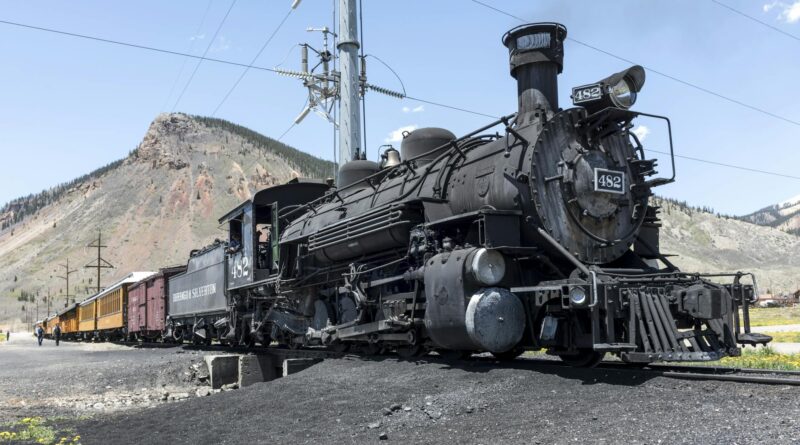The Burgeoning Cannabis Industry In Washington State: A Deep Dive into Opportunities And Challenges
Once known for its apples, Washington state, home to iconic companies like Starbucks and Amazon, is becoming increasingly synonymous with another green enterprise – the burgeoning cannabis industry. Having legalized recreational cannabis in 2012, the state has quickly emerged as a leader in the industry, offering a wealth of opportunities but also confronting unique challenges.
Broadly, the legalization of cannabis has sparked an economic boom, from providing job opportunities to attracting tourists and encouraging investment. As one of the early states to adopt legalization, Washington has become somewhat of a litmus test for other regions contemplating similar shifts in policy.
A rapidly growing market is one of the primary appeals of the cannabis business. The expansion has been significant, with sales tripling from $259 million in 2015 to $972 million in 2018. Demand continues to surge, and market trends suggest that cannabis industries globally will be worth $73.6 billion by 2027.
Despite this, the industry is not without its hurdles. The strict regulations governing cannabis growth, distribution, and use, while essential, can also be daunting for businesses. Entrepreneurs must undergo thorough background checks, and businesses must meet strict security and traceability requirements.
Additionally, complex licensing processes can make entering the industry incredibly competitive. The state caps the number of retail licenses and implements strict zoning rules, leading to fears of market saturation.
Ensuring a steady flow of investment is also challenging. Despite industry growth, traditional sources of finance like banks often remain hesitant due to the federal government’s stance on cannabis.
However, more than just a business, the cannabis industry also offers social benefits. In terms of job opportunities, the industry contributed 18,700 jobs in Washington state in 2020 alone. It has become a significant employer in areas that previously relied on declining industries.
Furthermore, cannabis has also fueled growth in ancillary industries. For instance, cannabis tourism is taking off, with tourists flocking to cannabis farms for tours and tasting experiences akin to traditional winery tours.
Despite the challenges, it cannot be denied that the cannabis industry in Washington state symbolizes a seismic shift in social attitudes towards cannabis. As the industry continues to grow and evolve, there is sure to be an electrifying myriad of opportunities and significant lessons to learn for other regions embarking on a similar journey.
Thus, with the promise of substantial economic and social returns coupled with unique challenges, the cannabis industry in Washington state is undeniably an exciting space to watch and navigate in the coming years.
